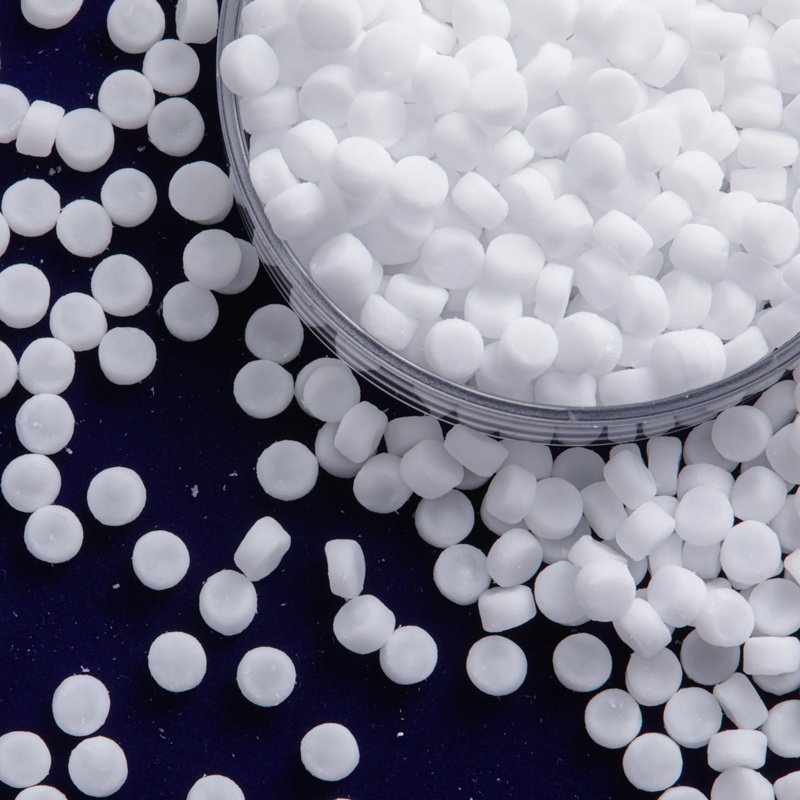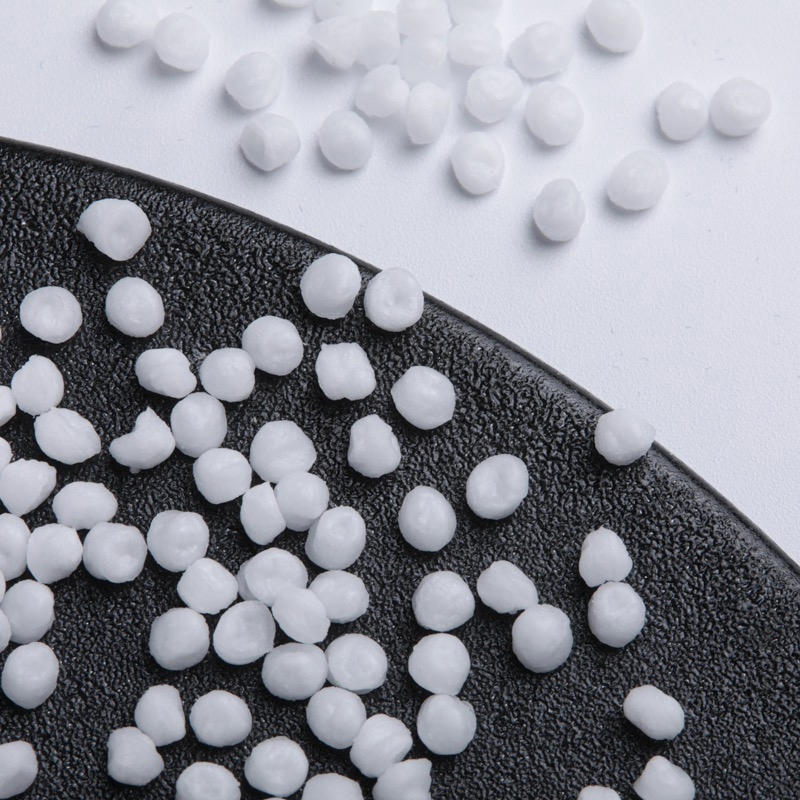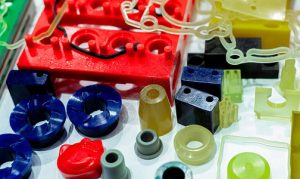1. The application of pó de silicone in the PVC field.
The application of silicone lubricants in the PVC field is mainly reflected in improving the flowability and demolding performance of plastic processing, reducing torque, minimizing equipment wear, and improving the surface gloss and smoothness of products. Silicone powder, as an efficient lubricant for ultra-high molecular weight plastics without organic carriers, can be integrated with almost all types of thermoplastic materials, including PVC materials. It can effectively reduce the viscosity of molten plastics, improve the ease of mold filling, reduce the defect rate of products, and has a lower friction coefficient, improving wear resistance and scratch resistance.
In the PVC processing, silicone powder can serve as an efficient lubricant with both internal and external lubrication functions, playing an important role in different stages of the extruder. In the initial lubrication zone, silicone powder increases the fluidity of the plastic to ensure smooth feeding; In the mid-term lubrication effect zone, it reduces the frictional force during the plastic flow process, ensuring the flow of the melt; In the later lubrication effect zone, silicone powder reduces the adhesion between the melt and the surface of the metal mold, making it easier to demold.
In addition, the use of silicone powder can improve the flame retardancy of PVC materials, reduce smoke density, have good stability and non migration, which is particularly important for PVC products such as wire and cable materials. Silicone powder is uniformly dispersed in PVC melt through its high molecular weight modified silicone polymer, improving the fluidity and demolding properties of the molten resin, reducing processing energy consumption, and extending the service life of processing machinery.
It is worth noting that although silicone powder has many advantages in PVC processing, its price is relatively high. However, due to its low usage, only about 0.3% -1%, it still has an advantage in cost-effectiveness. Overall, the application of silicone lubricants in the PVC field is multifaceted, not only improving processing efficiency and product quality, but also helping to reduce production costs.
2. What is the specific mechanism of silicone powder in PVC processing?
The mechanism of action of silicone lubricants in PVC processing mainly includes the following aspects:
Reduce friction coefficient: Silicone powder, as an efficient lubricant, can significantly reduce the friction coefficient during plastic processing, thereby reducing equipment wear and improving processing efficiency.
Improving mold filling ease: Silicone powder can enhance the fluidity of plastic, making it easier to fill the mold and reducing the defect rate of the product.

Improving surface performance: Silicone lubricants can improve the surface gloss and smoothness of PVC products, enhance the silky texture of the surface, improve wear resistance and scratch resistance.
Improving heat resistance and stability: Silicone powder has good heat resistance and can maintain stability during PVC processing, making it difficult to decompose and providing continuous lubrication during the early, middle, and later stages of processing.
Synergistic effect: When silicone powder is used in combination with other types of lubricants (such as ester lubricants), it can produce a synergistic effect, improve lubrication efficiency, and reduce the total amount of lubricant added.
Improving the interface compatibility between polymers and inorganic substances: Silicone powder can improve the interface compatibility between non-polar inorganic minerals and organic substances, playing a wetting role, which is a characteristic that some other lubricants do not possess.
Preventing precipitation: Silicone powder, due to its high molecular weight modified silicone polymer, can be uniformly dispersed in plastic components, overcoming the weakness of traditional silicone oil as a plastic lubricant that is prone to precipitation.
Improving flame retardancy: Silicone powder can also enhance the flame retardancy of plastics and reduce smoke density in certain formulations, which is particularly important in PVC products such as wire and cable materials.
Through these mechanisms of action, silicone lubricants can effectively improve the processing performance of PVC and the quality of the final product.
The main functions of silicone lubricants in PVC processing include improving the ease of mold filling, enhancing surface properties, improving heat resistance and stability, and reducing the adhesion between the melt and the metal mold surface for easy demolding. Silicone powder, as a lubricant, can be uniformly dispersed in plastic components due to its high molecular weight modified silicone polymer, overcoming the weakness of traditional silicone oil as a plastic lubricant that is prone to precipitation. In addition, the use of silicone powder can improve the flame retardancy of PVC materials, reduce smoke density, have good stability and non migration, which is particularly important for PVC products such as wire and cable materials.






